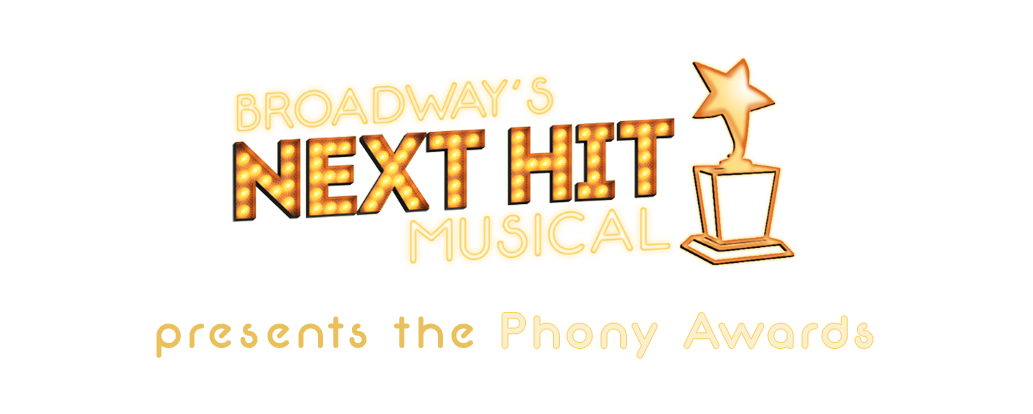Our entire cast and crew is made up of Broadway-caliber performers, stage managers, and musicians. And tonight one of our accompanists, Andrew Resnick, opens The King and I on Broadway as an Associate Conductor. We take enormous pride that the Broadway community gets to share in Andrew's talent. He played for Broadway's Next Hit Musical for many years and conducted Jason Robert Brown's Bridges of Madison County last season and the year before that played the Off-Broadway revival of The Last Five Years. (For you serious musical theatre geeks out there, JRB refers to Resnick "The best. THE best.")
Cast member Annie Schiffmann - who has worked with Resnick for nearly ten years - chatted with him while he was on a break during previews for the Rodgers and Hammerstein classic. Here we crib the notes from their conversation.
WHEN TO START THE MUSIC - SCRIPTED
With scripted material, obviously the cues are set, there are lines and technical cues. But in the rehearsal process, Resnick explains how they look at the music from different levels and try to figure out if what's on the page works. And if not, can they "modify what's been there to make it work."
The moment of actually beginning a song - that second when the conductor cues the musicians to start - should come from a connected place. The conductor takes it off the right word, rhythm, and tone of how the scene is progressing with how the actors are saying their lines. (Although he did admit that with long-running shows it's possible there are moments of disconnectedness, and the conductor just has to follow the cues.)
Former BNHM Accompanist Andrew Resnick conducting the Broadway revival ofThe King and I
WHEN TO START THE MUSIC - UNSCRIPTED
In an improv show, when the improvisers are in the middle of a scene and the moment calls for a song, Resnick explains how he often starts playing and isn't sure what will come out musically. He doesn't always have a complete idea, but might "tinker with it for a few seconds" before building to a full song.
"Improv songs can be plot-driven" and Resnick mentions this as their downfall. "The best songs," he says, "have the scenes as context." He mentions that Jason Robert Brown says that "great songs move the story forward, but not the plot forward." Resnick warns that starting an improv song on a "catchy line" may not necessarily be the best time. Is it an emotional moment that can be explored? Are the stakes high enough? If it's all plot and no heart, this can make for confusing storylines in unscripted musicals.
Andrew Resnick playing Broadway's Next Hit Musical at Stage 72 in 2013.
THREE HOUR MUSICALS VS HALF HOUR MUSICALS
The running time for The King and I is nearly three hours - quite a difference from a second act musical in BNHM which usually hovers at the thirty minute mark. Resnick is clear, though, that "successful musicals can be distilled down to very little. You don't need a lot to happen to justify the story." He mentions how thirty minutes is "more than enough time to develop a funny - sometimes even moving, depending on what comes up - story." When shows become too plot-heavy and add in too many characters, the story becomes cumbersome.
This is where he cites the advantage the accompanist has by being both outside of the scene, but inside of the show. The musicians in an improv show have the ability to look above what is happening onstage and ask "why is this story being told? What themes are arising that are funny and important? Why do we care?" Is there a universal theme being explored? Accompanists can help to shape the musical by satisfying what the story calls for.
Congratulations to Andrew for another Broadway opening! We hope to have you create Broadway's Next Hit Musical with us again soon!
Purchase tickets to Rodgers and Hammerstein's The King and I at Lincoln Center Theatre.







